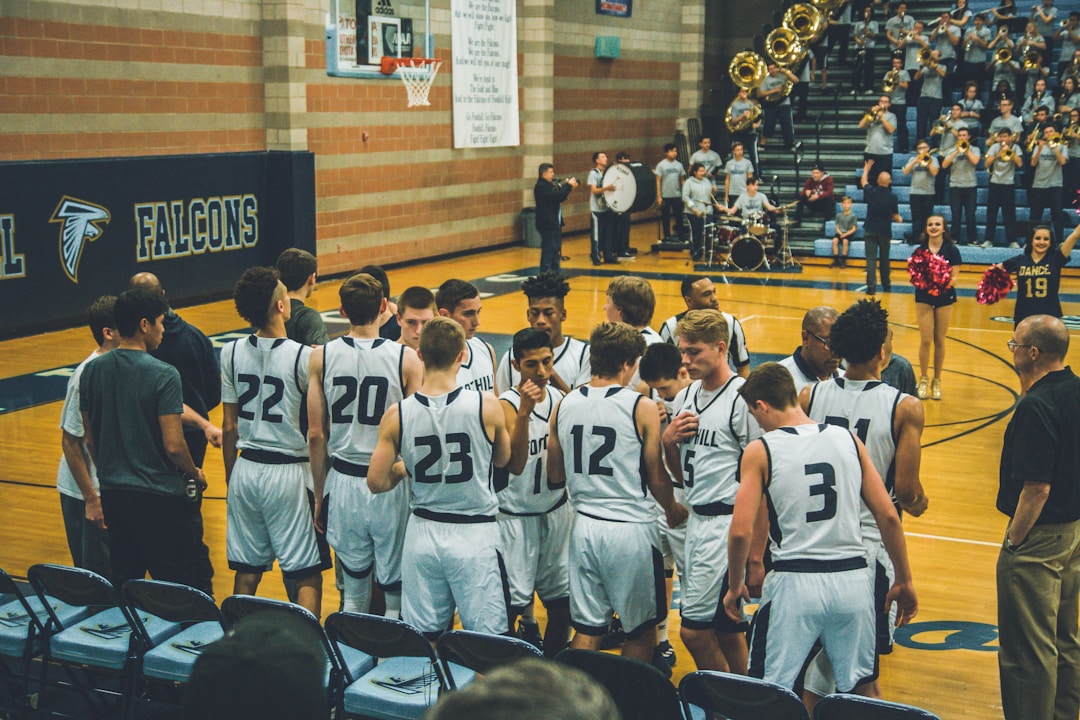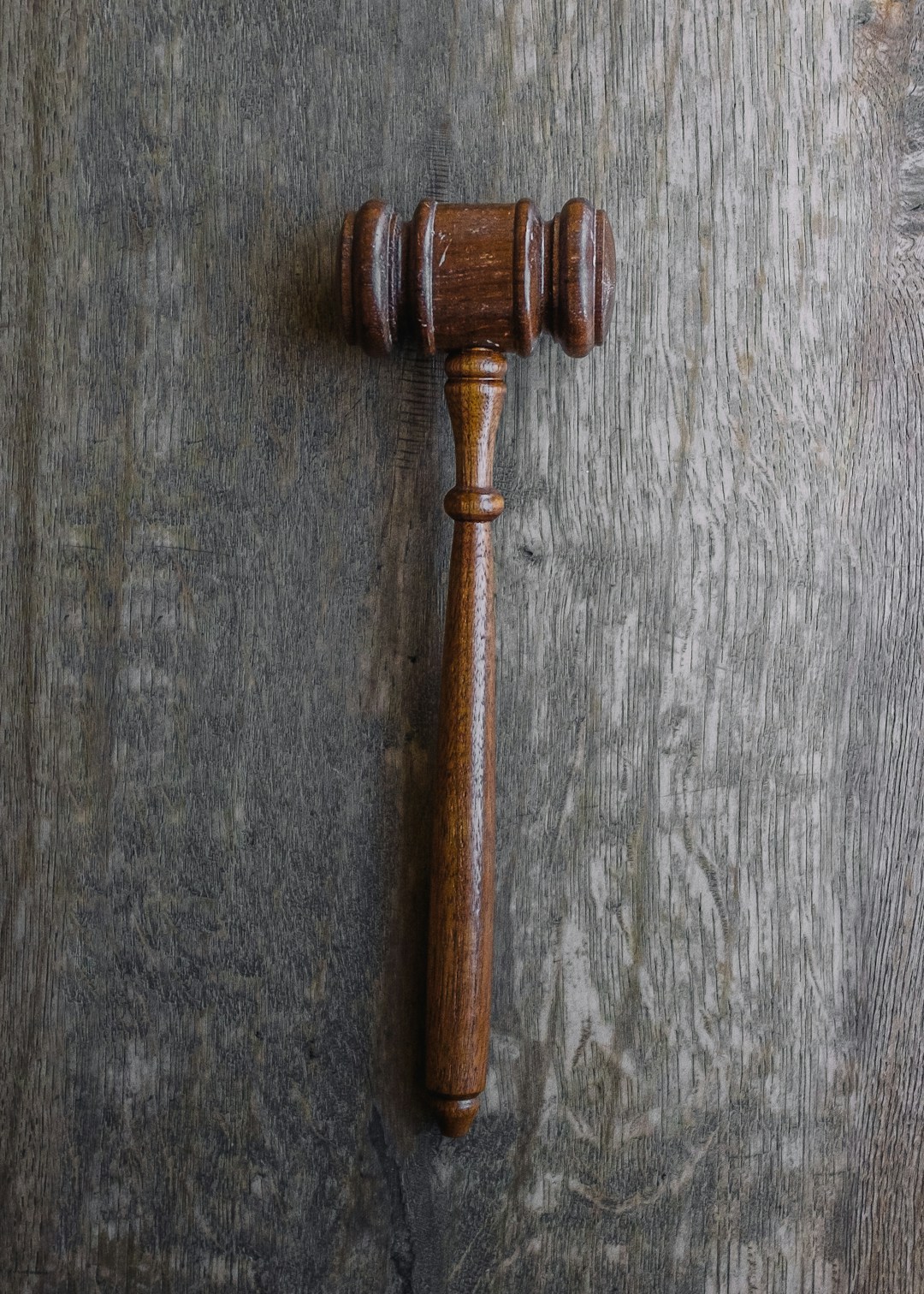I Know Why The Caged Bird Sings is a powerful poem by Maya Angelou, the renowned US poet and civil rights activist who died in 2014. This poetry is famous for its intimate description of freedom, and for the role of personal voice as a true element of it. Yet, there is also an interesting message from a Leadership and development perspective, that I’d like to explore.
This post belongs to my Poetry & Management collection. Poetry has always been one of my favourite forms of expressions, probably one of the eclectic sides of my multipotentialite trait. I feel it can be really useful as support in our management and leadership quests, as it is probably one of the greatest tools of sense-making and self-expression. Which is why I will be sharing more of these over time.
I Know Why The Caged Bird Sings
The free bird leaps
on the back of the wind
and floats downstream
till the current ends
and dips his wings
in the orange sun rays
and dares to claim the sky. But a bird that stalks
down his narrow cage
can seldom see through
his bars of rage
his wings are clipped and
his feet are tied
so he opens his throat to sing. The caged bird sings
with fearful trill
of the things unknown
but longed for still
and his tune is heard
on the distant hill for the caged bird
sings of freedom The free bird thinks of another breeze
and the trade winds soft through the sighing trees
and the fat worms waiting on a dawn-bright lawn
and he names the sky his own.
But a caged bird stands on the grave of dreams
his shadow shouts on a nightmare scream
his wings are clipped and his feet are tied
so he opens his throat to sing
The caged bird sings
with a fearful trill
of things unknown
but longed for still
and his tune is heard
on the distant hill
for the caged bird
sings of freedom.
Maya Angelou
Source: Maya Angelou, The Complete Poems
A Short Comment
Maya Angelou compares, in this poem, the lives of a free bird, and one living in a cage. A free Bird dares to claim the sky, showing how important liberty can be in also achieving the most difficult goals. A Caged Bird instead, his wings are clipped, and his feet are tied as he stands on the grave of dreams and only has his voice to play with and sings of freedom.
This poetry is a true invite to value freedom as a necessary step for human expression. But is also a call to listen. There’s no indication here about the origins of the cage of the bird. And we know how much of personal endeavours can often make us resemble living in self-built a cage.
From an organisation perspective, there’s something more. How many cages did we build in our organisations? How many wings have clipped of our people, impeding them to dare for something bigger? Whatever stance we take on organisation designand the meaning we give to Work, the idea of enabling freedom also in the workplace is a must to be able to unleash human potential. As such, freedom is not just a political domain topic, but rather an understanding of human capability.
What do you think of this poetry? Please add your comment below.

Comments and Feedbacks
More posts like this










